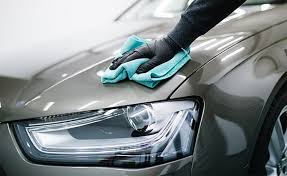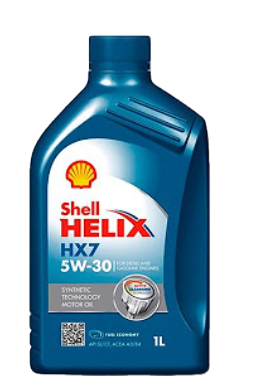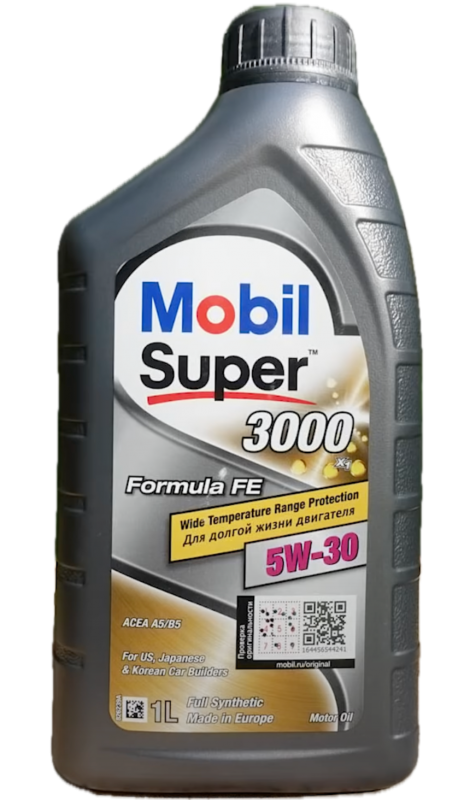Car repair and maintenance
What is included in the maintenance
Maintenance includes a set of works that are carried out with a certain frequency. Most often these are general diagnostics, adjustment of systems, routine replacement of parts and technical fluids, which usually have a certain resource. In fact, this is a planned repair, which allows you not to wait for breakdowns and their consequences.
How often do I need to undergo maintenance
The regulations for servicing a car of a particular brand are developed by the car manufacturer based on the approximate service life of specific parts. Whether to comply with it is a decision for the driver. New cars need regular maintenance to be able to guarantee the repair of the car if necessary. If it turns out that the driver did not follow the recommendations or carried out maintenance in unofficial services, then repair under warranty may be refused.
It is also important to understand that the deadlines are not clear — small fluctuations are allowed: for example, if the service (even at an official dealer) is delayed by 200-300 km, then the next time the owner will be asked to come to the service "earlier" for the same 200-300 km, so that extra mileage does not accumulate.
On average, for a new car, it needs to be carried out every 10 thousand kilometers. Some dealers prescribe to do "zero MAINTENANCE", that is, maintenance immediately after running-in. The first 3 thousand kilometers of mileage are considered to be run-in, usually more careful operation of the car is prescribed for this time. After the "zero maintenance", the oil and filters are changed, the tightening of the threaded connections is checked, and the car can be used normally.
The list of planned maintenance works for a car after 2-3 years of operation usually looks like this:
Every 15 thousand kilometers of mileage:
Replacement of engine oil and its filter
Replacing the air filter
Checking the coolant level and density
Every 30 thousand kilometers:
Replacement of the cabin filter
Checking the setting and adjusting the headlights
Every 45 thousand kilometers:
Replacement of spark plugs
Every 90 thousand:
Replacement of brake fluid (at least once every three years)
The most meticulous car owners prefer to do maintenance seasonally — in spring and autumn. It is not considered mandatory, although it can extend the uninterrupted service life of the car. Seasonal work usually includes:
tire replacement
, seal treatment
, lock lubrication
, radiator cleaning
, air conditioning check
Somewhere to spend
The car owner has several options for carrying out maintenance:
at the official dealer of the brand
in a third-party service
independently
Service from an official dealer is mandatory for new cars, especially if they are secured by a bank (purchased on credit) — in this case, there is no question of a free choice of the car owner. For the first 2-3 years, the car is under warranty, and it is preserved only if there are marks about planned maintenance made at an official dealer, and in the absence of traces of interference by third-party craftsmen. In fact, if an official dealer suspects even an oil change on the side, the warranty may be denied.
In other cases, each of these options has its pros and cons.
THEN from an official dealer
Positive:
The work is carried out strictly in accordance with the manufacturer's recommendations
Qualified mechanics
High level of service
Guarantee for the work performed
Minuses:
The cost of work is on average higher than in unofficial services
THEN in an unofficial service
Positive:
The cost of service is usually lower than that of the officials
You can choose consumables in accordance with your budget, replace them with analogues
Minuses:
The work regulations may not correspond to those necessary for a particular car brand
The warranty period for work is often less than that of official dealers, there is also a chance to lose the warranty on the car from official dealers
Self-service of the car
Positive:
Significant savings
The ability to control the work at all stages
Minuses:
Significant time and labor costs
To carry out the work, qualifications are required, since inept handling of consumables can lead to breakage
How to save money on
The cost of car maintenance consists of the cost of the work itself and the prices of spare parts and consumables. You can try to reduce both one and the other.
Traditionally, the highest cost of work is in official services, while private mechanics and unofficial service stations have lower prices. However, you should not blindly pursue cheapness: quality may suffer, and repairs will cost much more. It makes sense to pay attention to complex offers, seasonal discounts, and so on, which are often offered by services — you can save a lot on this.
The second item is spare parts and consumables. Most of the original spare parts have cheaper analogues, which are often no worse in operation. You can also look for native used spare parts in good condition. Here it is important to really understand car repairs well, since a clean and beautiful detail in fact does not necessarily turn out to be of high quality.
It should also be remembered that it is better to discuss the possibility of replacing a part purchased separately or selecting an analog consumables with the service masters in advance — some services refuse to accept parts purchased on the side and often refuse to guarantee the work.
The set of tools of the STELS trademark is designed specifically for motorists and service centers. Designed for minor repairs in the house and in the country, for car maintenance.
Number of items in the set: 82 pcs.
Package contents: square, ratchet wrench, end heads, extension cord.
Square size: 1/2", 1/4".
Material: Steel.
Storage: plastic case.
General characteristics
Description
Extra-class engine oil based on synthetic technologies, designed to ensure maximum cleanliness and protection of diesel engines of passenger cars, including VW diesel engines with a pump nozzle. Combines reliable protection with excellent starting characteristics.
The composition of the oil
is semi-synthetic
Viscosity
5W-30
Engine type
diesel
Tolerances and specifications for passenger cars VW 505 00, ACEA C3, VW 505 01
Volume
1 l
General characteristics
Description
Fully synthetic engine oil with excellent performance properties is intended for gasoline engines and diesels, which can use engine oil with low viscosity at high temperature and high shear rate (HTHS).
The composition of the oil
is synthetic
Viscosity
5W-30
Engine type
petrol, diesel
Tolerances and specifications for passenger cars ACEA A5/B5, Ford WSS-M2C913-C, Ford WSS-M2C913-D, Jaguar Land Rover STJLR.03.5003
Oil selection for popular cars
Audi A4 B6 1.6 (3.7L), Audi A4 B6 1.8T (4.1L), Audi A4 B6 2.0 (4.2L), Audi A4 B7 1.8T (4.1L), Audi A4 B7 2.0 (4.2L), Audi A4 B8 1.8T (4.6L), Audi A4 B8 2.0T (4.6L), Audi A4 B9 1.4T (4.6L), Audi A4 B9 2.0T (5.2L), Audi A6 C6 2.4 (6.5L), Audi A6 C6 2.7D (to restyle) (8.2L), Audi A6 C7 2.8 (6.8L), Kia Rio (FB) 4 1.6 (3.6L), Kia Rio (JB) 2 1.4, 1.6 (3.3L), Skoda Octavia 2(A5) 1.4T (rest) (3.6L)
API Class SL, CF
Volume
1 l
Barcode: 4607004063916
Universal lubricant RW-40 «Smart sprayer » works in 2 positions, allowing you to adjust the accuracy and area of spraying. The tube is fixed on the sprayer: now it will not be lost!
Product Type: lubricant.
Type of use: universal.
Volume/Weight: 450 ml/g.
Product form: aerosol.
Packaging: balloon.
Barcode: 4607004061271
RW-40 RUNWAY, having excellent lubricating and penetrating properties, is widely used in cars and in everyday life, helping the details of mechanisms to work efficiently and properly.
Product Type: lubricant.
Type of use: universal.
Volume/Weight: 200 ml/g.
Product form: aerosol.
Packaging: balloon.









